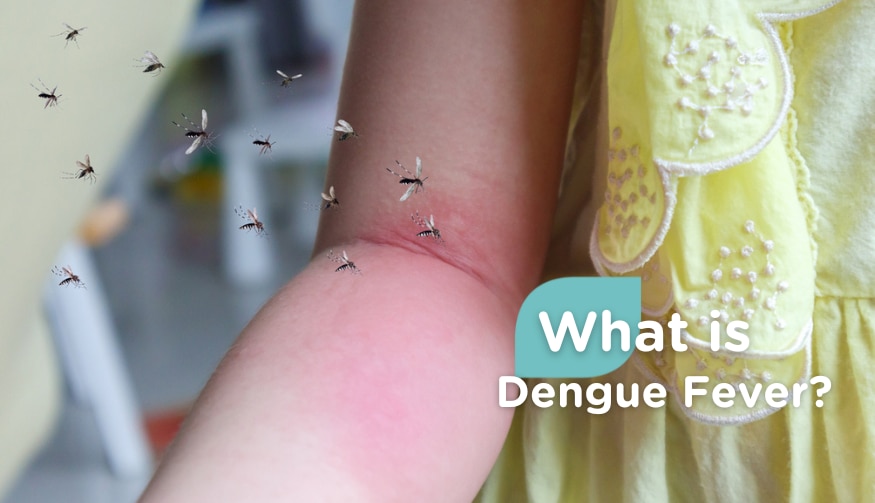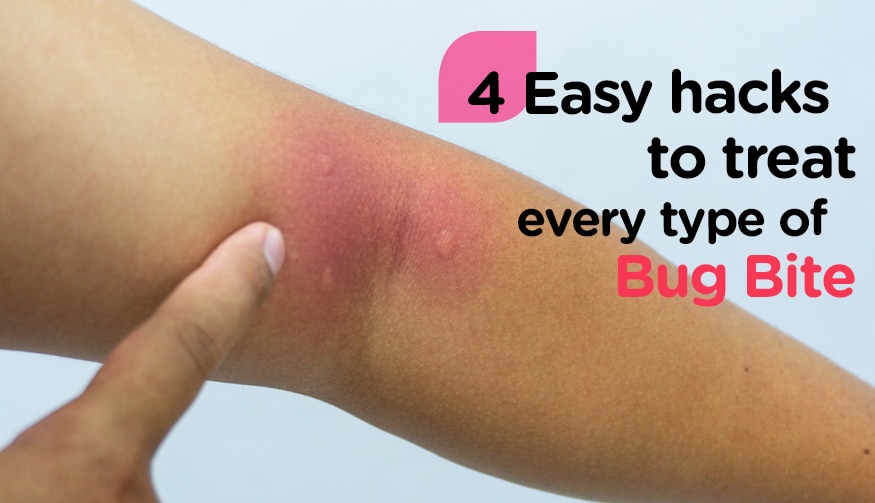While mosquitoes may seem like mere nuisance pests, these tiny insects can carry dangerous viruses and parasites that cause devastating diseases. With the recent Chikungunya outbreak, it’s a crucial reminder that mosquito-borne illnesses are a serious health risk when traveling to affected regions. Here are some of the major mosquito-transmitted diseases to be aware of, along with essential tips for avoiding bites on your next trip.
Mosquito-borne diseases* to know: More than just Chikungunya
Mosquitoes are vectors for several diseases that can be transmitted to humans through their bites. Here are the 5 major disease vectors transmitted by mosquitoes.
Major diseases #1 – Malaria^
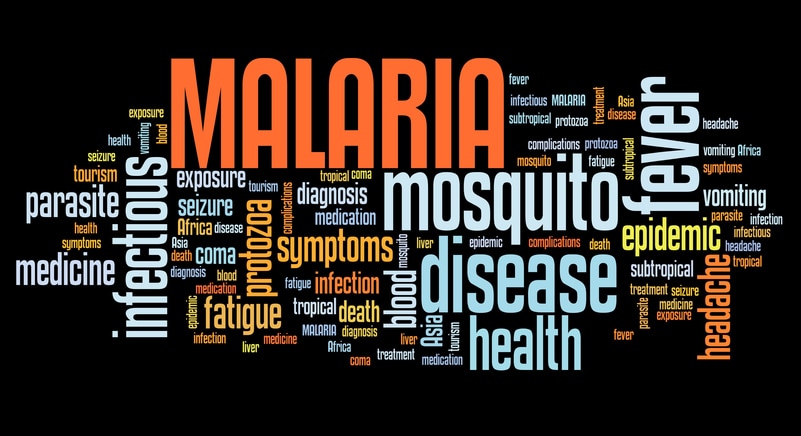
Malaria is a life-threatening disease caused by Plasmodium parasites and transmitted by Anopheles mosquitoes. Symptoms usually appear 10–15 days after the infective mosquito bite in a non-immune individual. It’s prevalent in tropical and subtropical regions and can lead to severe fever, chills, and flu-like symptoms.
Symptoms: Fever, chills, sweats, headaches, nausea, vomiting, body aches.
Major diseases #2 – Dengue Fever^
Dengue fever, caused by the dengue virus transmitted by Aedes aegypti and Aedes albopictus mosquitoes, can lead to birth defects in infants. Zika virus can cause symptoms like high fever, rash, muscle/joint pain, and headaches. Symptoms typically last 2-7 days.
Symptoms: High fever, severe headache, pain behind the eyes, joint and muscle pain, rash, mild bleeding.
Major diseases #3 – Zika Virus^
The Zika virus, primarily transmitted by Aedes mosquitoes, is known to cause fever, rash, joint pain, and conjunctivitis. It has been particularly concerning due to its association with birth defects in babies born to infected mothers. This mosquito-borne disease is prevalent in tropical and subtropical regions, with outbreaks occurring in the Americas, Africa, and Asia. While many cases are asymptomatic, the symptoms typically last for 2-7 days in those affected.
Symptoms: Mild fever, rash, joint pain, red eyes. Severe birth defects if contracted during pregnancy.
Major diseases #4 – Chikungunya^
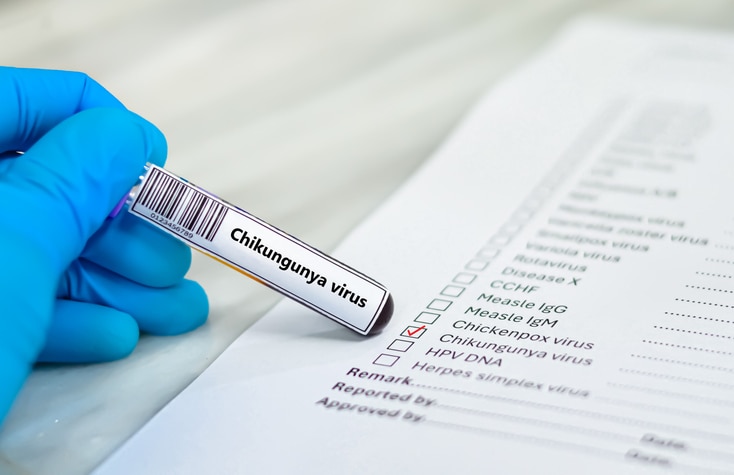
Currently causing outbreaks, Chikungunya is a viral disease mainly found in Africa and Asia. Symptoms appear 4-7 days after mosquito bite, including fever, severe joint pain, muscle pain, headache, nausea, fatigue, and rash. While not usually fatal, joint pain can last for weeks. Early recognition and management of symptoms are essential for relieving discomfort.
Symptoms: Sudden fever, severe joint pain, muscle pain, headache, nausea, fatigue, rash.
Major diseases #5 – Yellow Fever
Yellow fever, a vaccine-preventable mosquito-borne disease, is caused by an arbovirus transmitted through bites of infected Aedes and Haemagogus mosquitoes. These day-biting mosquitoes breed domestically, in forests, or both. With a 3-6 day incubation period, many remain asymptomatic, while others experience fever, muscle pain, headache, appetite loss, nausea, or vomiting for 3-4 days. This high-threat disease poses a potential global health risk due to its international spread.
Symptoms: Fever, chills, severe headache, back pain, fatigue, vomiting. Severe cases can cause jaundice and bleeding.
Top tips to protect yourself from mosquito bites — Especially while traveling
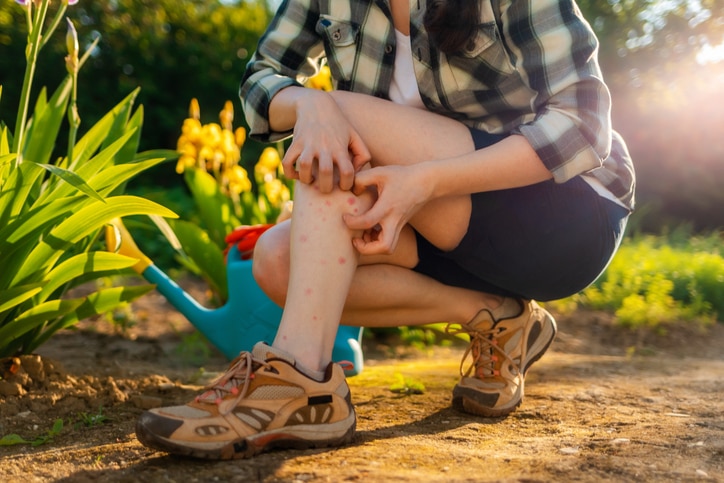
Whether you’re planning a tropical getaway or living in a region with an active outbreak, these simple precautions can go a long way in reducing your risk:
1. Use insect repellent
Apply a mosquito repellent pat, spray or lotion to exposed skin and clothing containing DEET or other recommended active and natural ingredients. Reapply according to the product’s instructions.
2. Wear protective clothing
Wear light coloured, long-sleeved shirts, long pants, socks, and closed-toe shoes to cover your body as much as possible, especially during peak mosquito activity times, such as dawn and dusk.
3. Stay in screened or air-conditioned accommodations
Choose accommodations with properly fitted screens on windows and doors or places with air conditioning. Keep windows, doors, and vents closed or properly screened to prevent mosquitoes from entering.
4. Avoid mosquito breeding grounds
Mosquitoes breed in stagnant water, so avoid areas with standing water, such as ponds, marshes, and stagnant pools.
5. Additional vaccinations or medications
Research and stay informed about the specific destinations you plan to visit. Understand the prevalence of mosquito-borne diseases in those areas and take extra precautions if necessary. For example, some regions may require vaccinations or medications.
6. Seek medical advice
Before traveling to regions known for mosquito-borne diseases, consult with a healthcare professional or travel medicine specialist.
Remember, prevention is crucial in minimizing the risk of mosquito-borne diseases. Following these measures can significantly reduce your chances of contracting illnesses such as malaria, dengue fever, Zika virus, or chikungunya while traveling.
Source:
* Diseases that can be Transmitted by Mosquitoes
https://www.health.state.mn.us/diseases/mosquitoborne/diseases.html
^ Information of the diseases of mosquitoes bite
https://www.who.int/health-topics/malaria#tab=tab_1







